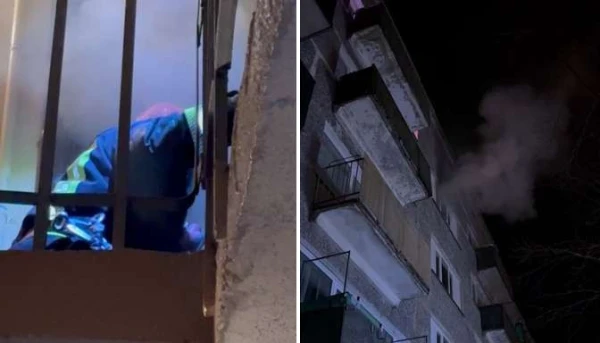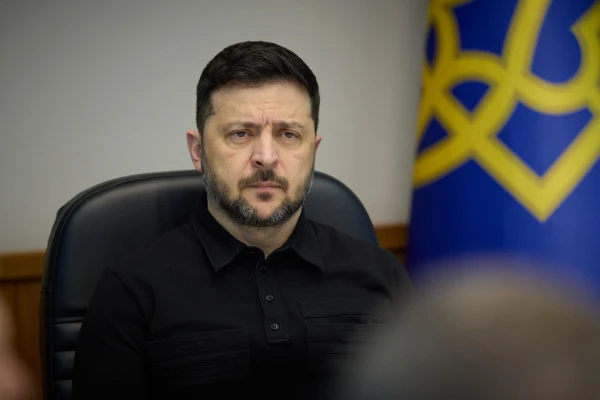
The Supreme Court (AT) rejected the application of an individual to annul the decision of the Minister of the Interior, Rihards Kozlovskis, which prohibits this individual from leaving Latvia, the court informed the LETA agency.
Filing a lawsuit did not suspend the effect of this decision.
The Supreme Court emphasized that the travel ban provided for by the National Security Law is a preventive measure aimed at preventing a potential threat to national security interests. It exists as an independent mechanism, unrelated to the preventive measures applied to individuals within the framework of criminal proceedings.
Thus, the establishment of a travel ban is not related to the presumption of innocence and does not violate it, as it does not contain assertions of the applicant's guilt in committing a crime and cannot be considered a criminal punishment. The purpose of the ban is not to prevent a person from fleeing Latvia, but to prevent their participation abroad in activities that may harm national security, the court stated.
According to the National Security Law, a citizen, non-citizen, stateless person or individual who has received alternative status in Latvia, a refugee, as well as a citizen of another country may be prohibited from leaving Latvia if the Minister of the Interior has made the corresponding decision. This ministerial decision can only be appealed in the Supreme Court.
An individual appealed to the Supreme Court to annul the decision of the Minister of the Interior, arguing that the travel ban from the country is an unlawful preventive measure, additional to those already applied to him within the framework of the initiated criminal proceedings.
Furthermore, the applicant noted that, although his guilt has not yet been established, the contested decision effectively recognizes his actions as criminal, and he did not have the opportunity to familiarize himself with the content of the conclusion of the State Security Service, on the basis of which the decision was made.














Leave a comment